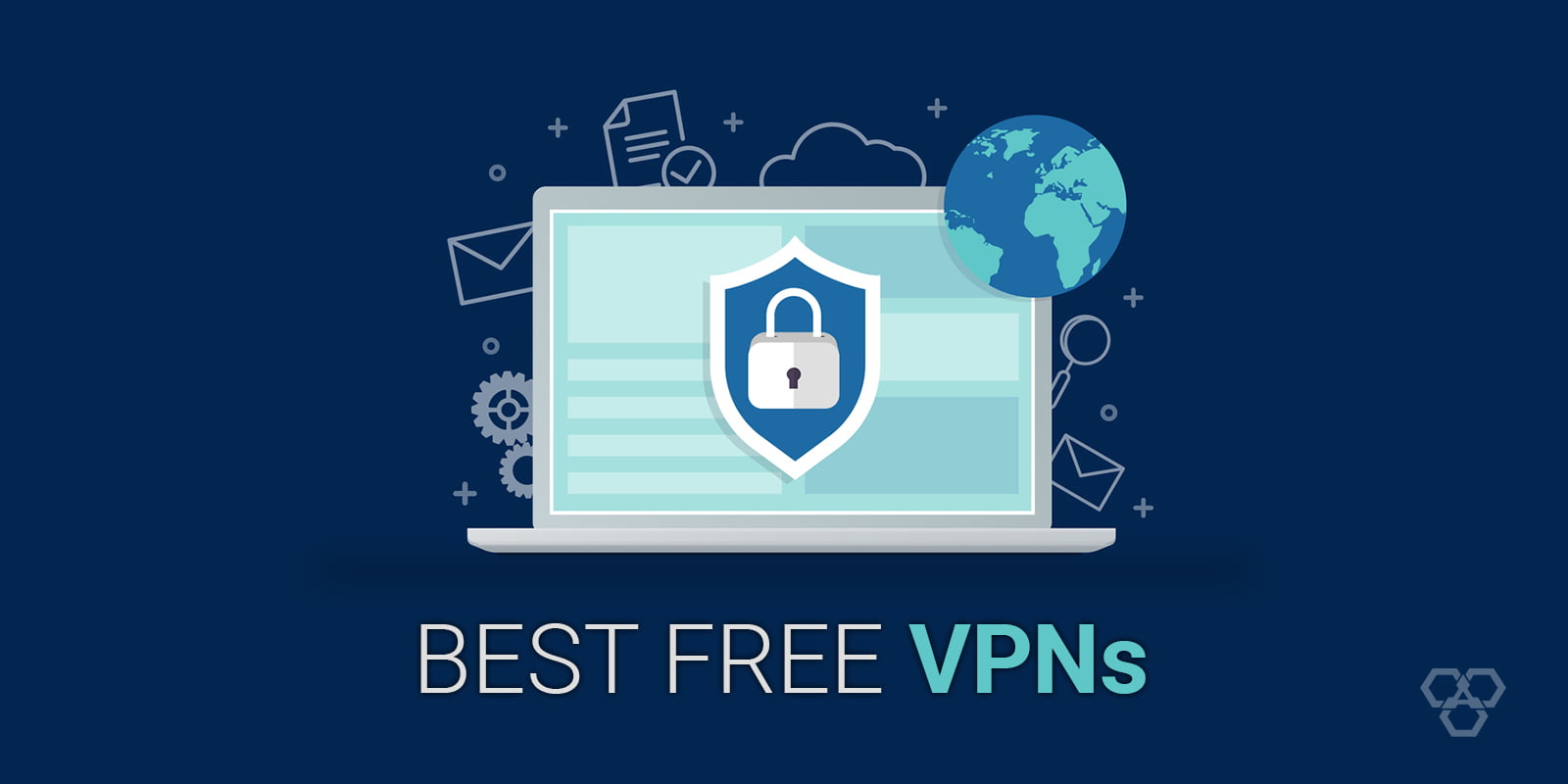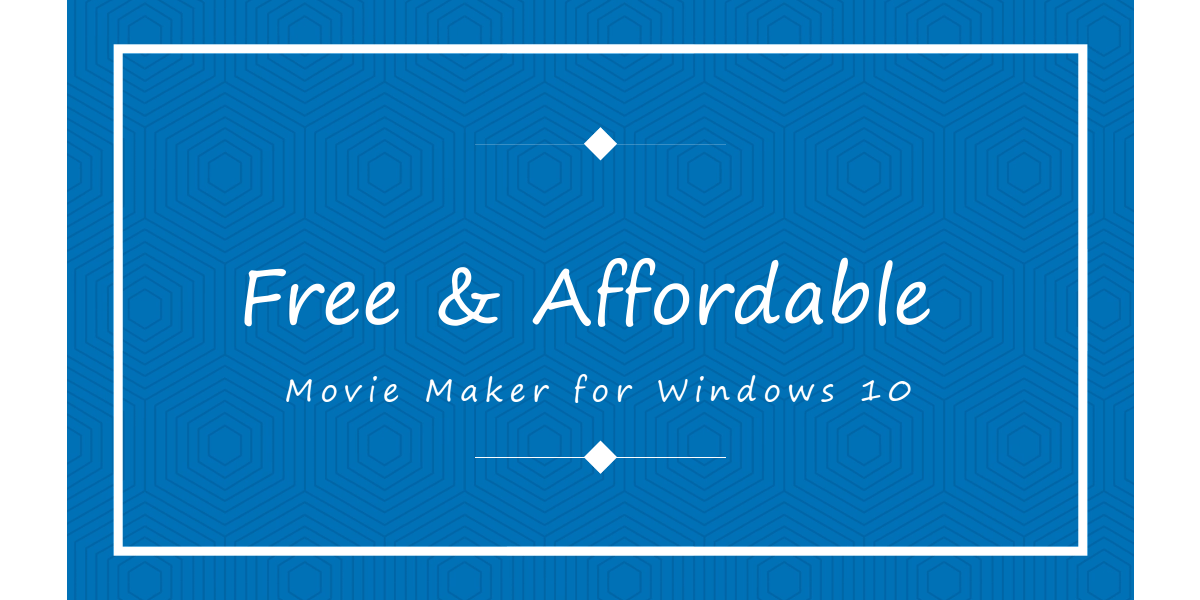As the world continues to become ever more connected and now that we are increasingly communicating more through the internet, the need for privacy and masking internet traffic has never been more critical. For many years, internet users have trusted VPN (Virtual Private Network) services to ensure their internet traffic is safe from hackers, internet service providers, or even national governments.
A VPN works by routing your internet traffic through a private and secure server instead of your ISP. When you connect to websites and applications, they see the IP address of the VPN server instead of yours. This means your internet traffic can’t be tracked and allows you to access geo-locked content like regional Netflix and blocked websites by making it look like you’re in a different country.
There are many excellent paid VPN services like Nord VPN and Express VPN, but they can become quite pricey, though some have free trials available. But the added privacy and extra security don’t have to come at such a steep cost. So in this round-up, we’ll be weighing up the many free VPN services on offer and helping you pick the right VPN!
1. Hide.me VPN
![4 Best Free Vpns For [Year] 1 Hide Me Vpn Logo](../wp-content/uploads/2021/08/Hide.me-VPN-702x351.jpg)
Available for: Windows, Mac, Android, and iOS
Data Limit: 10GB per month
Locations: 5
![4 Best Free Vpns For [Year] 2 Hide.me Vpn](../wp-content/uploads/2020/08/download-our-free-vpn-client-for-windows-or-hide-me.png)
First up is Hide.me VPN, a multi-platform VPN service from the software development firm eVenture. Hide.me guarantees user security and has a robust no-logs policy which they advertise has been ratified by an independent security analysis. What that offers you is the peace of mind that your traffic is truly private, and with their implementation of an internet kill switch to cut your internet connection of, the VPN routing drops out, Hide.me is excellent for privacy and security.
With their generous monthly data limit, you could easily stream video or download files whilst protected. Unlike some free services, the data transfer speeds offered in the free package can comfortably support this. I was pleasantly surprised by the download speed, which I measured to be hovering around 35Mbps – entirely usable for streaming video or downloading files.
Hide.me offers five locations in their free package: Canada, Germany, the Netherlands, and separate servers for both the East and West coasts of the USA. Upgrading to their premium plan unlocks locations like the UAE, UK, and Japan.
Bottom line: Hide.me provides a free service with few noticeable restrictions, impressive performance, and a comparatively generous data limit. Adding in a pretty robust privacy policy, Hide.me boasts a complete package blending privacy and performance.
2. Hotspot Shield VPN
![4 Best Free Vpns For [Year] 3 Hotspot Shield Vpn Logo](../wp-content/uploads/2021/08/Hotspot-Shield-VPN-702x351.jpg)
Available for: Windows, Mac, Android, and iOS
Data Limit: 500MB Daily
Locations: 1
![4 Best Free Vpns For [Year] 4 Hotspot Shield Vpn](../wp-content/uploads/2020/08/word-image-5.png)
Next, Hotspot Shield VPN’s free service benefits from a generous 500MB daily data limit, totalling 15GB per month. In addition, this free VPN pledges to log your data – so your browsing data and personal information are safe and secure from snooping ISPs, governments, or hackers. The data transfer speeds in my testing were commendable, measuring 38mbps download using speedtest.net.
Though, Hotspot Shield’s basic tier suffers from far more limitations than the free offerings of its competitors in this round-up. Whilst the data limit looks fair against other free VPNs, you’re not very likely to use it all as the free tier blocks the use of streaming services like Netflix, Prime Video, or Hulu – negating a massive benefit for using a VPN in the first place. I understand that Hotspot Shield must somehow incentivize upgrading to their premium tier – for which they offer a seven-day free trial upon download – but if you’re looking for a free VPN to access regional streaming services, Hotspot Shield isn’t your choice.
Hotspot Shield’s primary service is limited to only one location: the US East Coast. If that’s the location you wish to mask yourself as, then this should be ideal. Unfortunately, if you’re already in the US, Hotspot Shield’s basic tier won’t help you bypass geo-locked services or sites.
Bottom Line: Whilst the free tier of Hotspot Shield’s reputable VPN service offers a generous data limit and a decent privacy record, if you’re looking for a VPN companion for streaming regional Netflix, this isn’t the choice for you. However, Hotspot Shield is a fantastic option for browsing the web as if you were in the United States and prevented interception of your internet data so you can surf the web confidently.
3. ProtonVPN
![4 Best Free Vpns For [Year] 5 Proton Vpn Logo](../wp-content/uploads/2021/08/proton-vpn-702x351.jpg)
Available for: Windows, Mac, Android, and iOS
Data Limit: None
Locations: 3
![4 Best Free Vpns For [Year] 6 Proton Vpn](../wp-content/uploads/2020/08/word-image-6.png)
ProtonVPN was born from a group of former CERN employees who met to create the self-proclaimed “only community supported secure VPN service.” Whilst the benefits of their community-centred approach aren’t likely to be appreciated by the average free VPN user, I have no doubt their ethos guides their surprising liberal free service offering. The principal, central selling point of ProtonVPN’s free tier is the lack of a data limit. That’s right: ProtonVPN skips the monthly data cap model that many of its competitors adopted.
They also advertise a robust privacy policy backed by famous strict and rigid Swiss privacy laws. In addition, the ad-free service includes an automatic kill switch to ensure that your browsing data isn’t leaked to potential snoopers if the VPN connection drops out.
This is quite useful because the connection will drop out. However, in my testing, I found their service unreliable, frequently plagued with connection time-outs and ‘No Internet’ screens as the app frantically attempts to reconnect. Also, as their free service is limited to only three servers and without the gatekeep of a data cap, chances are you will experience some speed throttling at peak times.
Unsurprisingly, geo-locked streaming services are not supported in the free plan, and therefore this isn’t the VPN to go for if you’re looking to delve into the UK’s BBC iPlayer or the US’s Netflix.
Bottom line: If you’re willing to be patient with spotty connections and speed throttling, then the unlimited data offered by ProtonVPN makes their free service appealing to those who struggle with data caps. If you’re a power user who eats through allowances, perhaps ProtonVPN is the one for you.
4. Windscribe
![4 Best Free Vpns For [Year] 7 Windscribe Logo](../wp-content/uploads/2021/08/Windscribe-702x351.jpg)
Available for: Windows, Mac, Android, and iOS
Data Limit: 10GB (2GB without verification)
Locations: 10
![4 Best Free Vpns For [Year] 8 Windscribe Vpn](../wp-content/uploads/2020/08/word-image-7.png)
With ten locations, a generous data limit, and support for streaming services, Windscribe is a fantastic all-rounder option for your free VPN needs. Benefiting from a wide selection of server locations, this is my recommendation for those looking for a VPN to access regional streaming services and geo-locked sites. With decent download speeds of around 35Mbps in my testing, I could quickly access Canadian Netflix and stream shows without buffering and slowdowns. With locations in Asia, Europe and America, if you’re looking for regional content, chances are you’ll be able to find it with Windscribe.
As Windscribe is a Canadian company, they’re subject to the Canadian anti-piracy and intelligence laws: the Five Eyes intelligence-sharing network. Therefore, Windscribe is by law obliged to keep some essential connection logs. They, however, do not store your source IP or the sites you have visited. They’re open about what they log and have been applauded by privacy firms worldwide for their plain explanation of their privacy-concerning activities. If privacy is your jam, I highly recommend reading their policy and commitments – you’ll find them assuring.
Windscribe has one of the best multi-platform support I have ever seen for a free VPN. As expected, there are applications available for Windows, macOS, and Linux, and so are there for Android and iOS. Windscribe also supports FireTV, Nvidia Shield, and even your router! Also, the support of third-party VPN connections like OpenVPN and WireGuard is appreciated by those who swear by their little third-party applications.
Bottom Line: Windscribe’s free service offers a generous 10GB data limit, access to geo-locked regional sites, and even Netflix support. This is the free VPN for those looking to watch regional streaming services. Their privacy policy is decent, and so are the speeds. Windscribe’s free VPN is undoubtedly one of the best on the web.
Make sure you’re safe and secure!
Many free VPNs have their strengths, but the nature of the no-cost business model means there will inevitably be trade-offs users must navigate. We hope this round-up can help you choose the essential pros and cons.
One of the biggest dangers of using free VPNs is trusting in services that don’t take privacy seriously. Some malicious providers may store or sell your data to third parties, while others may disclose browsing data to hackers or even national governments. Furthermore, just because you’re using a VPN doesn’t mean you’re automatically safe from back-door interceptions or hackers.
Therefore, you must pick a trusted, safe and secure VPN to guarantee the privacy of your data. All the options in this round-up have been independently audited and intensely examined to ensure your data is safe.
Do I need a VPN?
A significant question in your search for a VPN is whether you would benefit adequately. There are drawbacks to using free VPNs, and removing these limitations can become quite expensive if you choose to use a premium VPN service. Therefore, I’ll end this article by addressing whether you would benefit from using such a service.
Do you want to access geo-locked content? If so, yes – a VPN is one of your only options. By routing your traffic through a remote server in a different country, you can bypass any regional restrictions placed on you by your local government.
Want to access regional streaming services and content not available in your country? Again, yes – a VPN is a great choice. Given the VPN supports services like Netflix, routing your connection through that server would allow you to access the streaming catalogue available in the country you are masking yourself as.
Are you worried about your network admin, ISP, or government spying on your browsing data? A VPN is a great way to mask your internet information if you want to maximize your privacy and keep snoopers away from what you browse on the web. Install a VPN.
Are you worried about your passwords being stolen on public wi-fi? You don’t need a VPN. This is a standard marketing ploy used by VPN providers to scare you into using your services. They try to sell you “military-grade encryption” to suggest your banking details and passwords, and other personal data are at risk and for the taking if you don’t use a VPN. The truth is, as long as you use an HTTPS connection (look for the little green padlock in your browser’s address bar), your data is already using SSL encryption. Nowadays, virtually all log-in pages and payment portals use HTTPS SSL encryption. Keeping your passwords safe means looking out for that padlock and ensuring you don’t give your data away to a site that doesn’t have an SSL certificate. You don’t need a VPN to ensure that.
Conclusion
There are many excellent, legitimate reasons you might want to use a VPN, and all of our recommendations on this list have been maliciously tested for efficacy and safety. These are services you can trust. Pick what features mean the most to you with the peace of mind your privacy is safe with these providers.

![7 Best Youtube To Mp3 Converters For [Year] 9 7 Best Youtube To Mp3 Converters For 2023](../wp-content/uploads/2020/08/youtube-to-mp3-converter-1.jpg)
![Best Ad Blockers For Desktop In [Year] 10 Best Ad Blockers For Desktop In 2023](../wp-content/uploads/2020/12/top-best-ad-blockers.jpg)

Cool
I might also suggest JewelVPN which is free VPN for Windows PC.